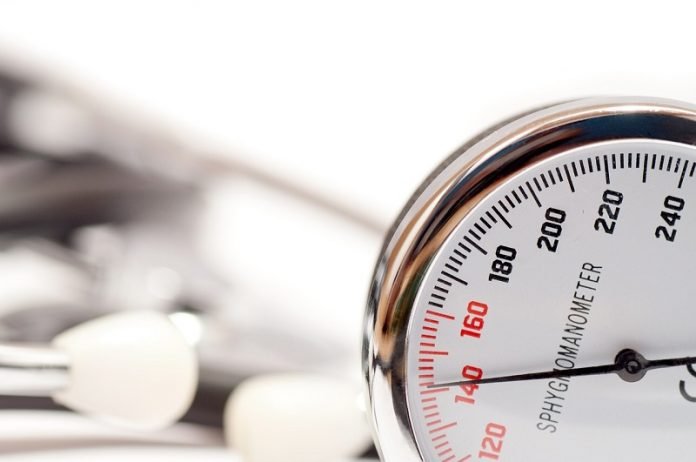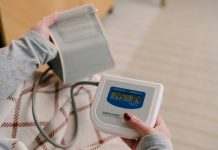
In a new paper, researchers found that up to 50% of women develop high blood pressure before the age of 60 but the symptoms—for example, hot flushes and palpitations—are often attributed to menopause.
They suggest doctors should intensify the detection of hypertension in middle-aged women.
The research was conducted by a team at the European Society of Cardiology.
Pregnancy complications and early menopause increase women’s future risk of heart disease.
Pre-eclampsia is linked with a four-fold increase in heart failure and high blood pressure and a doubled risk of stroke.
Women who have an early natural (i.e. not surgical) menopause before the age of 40 are also more likely to develop heart disease—each year is associated with a 3% raised risk.
Autoimmune inflammatory conditions such as rheumatoid arthritis and lupus are more common in women compared to men and increase cardiovascular risk around menopause.
The team says high blood pressure is called hypertension in men but in women, it is often mistakenly labeled as ‘stress’ or ‘menopausal symptoms’.
There are several phases of life when we can identify subgroups of high-risk women. High blood pressure during pregnancy is a warning sign that hypertension may develop when a woman enters menopause and it is associated with dementia many decades later.
If blood pressure is not addressed when women are in their 40s or 50s, they will have problems in their 70s when high blood pressure is more difficult to treat.”
The document provides guidance on how to manage heart health during menopause, after pregnancy complications, and during other conditions such as breast cancer and polycystic ovarian syndrome (PCOS).
The important role of a healthy lifestyle and diet is recognized—e.g. for optimal management of menopausal health and in women with PCOS, who have elevated risks of high blood pressure during pregnancy and type 2 diabetes.
While menopausal hormone therapy is indicated to alleviate symptoms such as night sweats and hot flushes in women over 45, the authors recommend assessment of heart risk factors before initiation.
Therapy is not recommended in women at high cardiovascular risk or after a stroke, heart attack, or blood clot.
The team says that women can help their doctors prevent heart problems and make earlier diagnoses by mentioning issues like complicated pregnancies and early menopause and monitoring their own blood pressure.
One author of the study is Professor Angela Maas, the director of the Women’s Cardiac Health Programme.
The study is published in European Heart Journal.
Copyright © 2021 Knowridge Science Report. All rights reserved.



